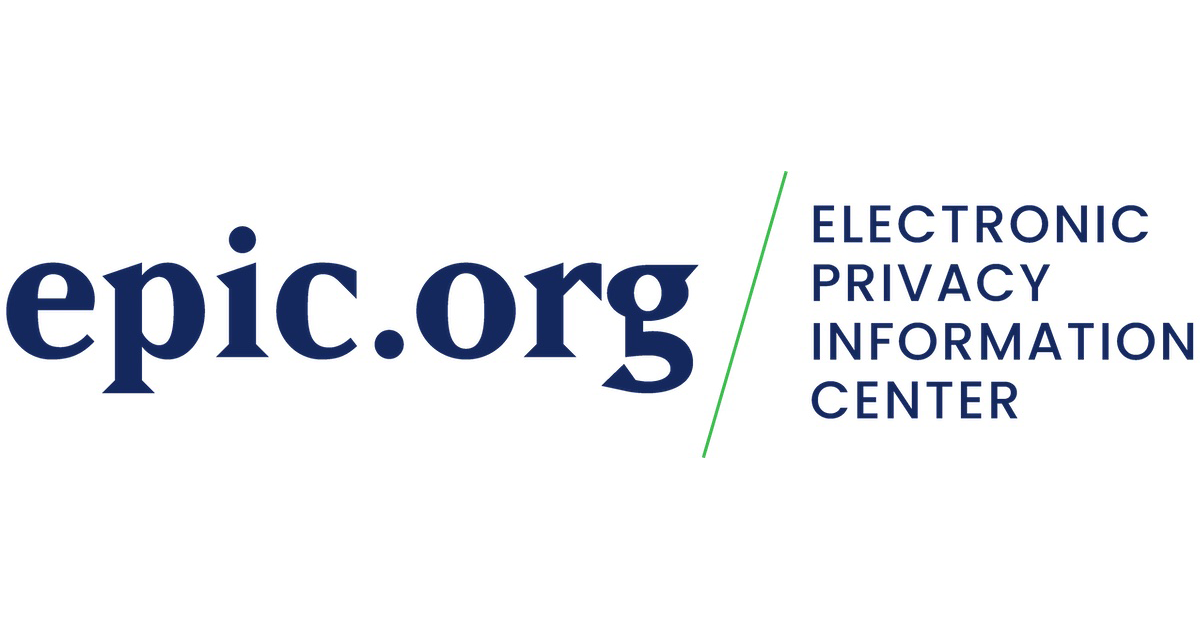
By the end of 2021, we experienced two new variants of the COVID pandemic (Delta & Omicron). There has been a decrease in housing inventory, causing home prices to soar to a 19.9% in value. The United States has experienced a 7% increase in inflation, a shortage of microchips affecting the supply of home appliances and electronic gear, favorite food items randomly going missing from stores periodically, coin shortages at local retailers, and emergency preparedness gear out of stock.
In 2022, We see photos of destruction in Ukraine and war stories filtered through our news feeds. Our fuel prices are soaring, and food prices continue to climb. It can have a frightening effect! The U.S. has placed “severe sanctions” against Russia for attacking Ukraine. We can only speculate how Russia will respond and how these sanctions will affect the U.S. economy. Russia’s top exports are wheat, crude oil, natural gas, precious metals, fertilizer, and metals (iron, steel, copper, aluminum).
It brings to mind questions like, is there a way to prep for a wartime economy? Am I prepared for higher food prices, grain shortages, stock market fluctuations, and a sense of peace despite economic changes?
Peace comes from having a plan! If you have been gathering extra food and stocking away other essential survival gear, then the answer is YES! Being prepared takes planning. Will there be some inconveniences – SURE – but that is life! It is important not to get caught up in doomsday headlines. Below are seven ways to prep for a wartime economy and feel some measure of control during uncertain times.
7 Ways to Prep a Wartime Economy
1. Consider Ways to Use Less Gas
With sanctions on Russia, it is widely believed that we will continue to see fuel prices race upwards. We use gas in our cars, trucks, RVs, generators, and lawnmowers. A hefty increase in prices can devastate a household’s budget. Make simple changes now before you feel the hurt in your pocketbook. Meal plan and try consolidating all of your errands to fewer trips to the supermarket per month. Teardrop Trailers are in high demand. Gas-guzzling RVs are being traded for smaller, gas economic trailers. Electric bikes are another way you can minimize fuel costs.
2. Stock Up On Grains
Russia is the #1 international exporter of wheat. Common food staples such as pasta, bread, and cereal are made of wheat. It was hard to find these food items during the start of the pandemic; most grocery stores couldn’t get these items on the shelves fast enough. Grains were sold out! Currently, most have restocked their inventory. So now is a good time to stock up on grains your family eats on a regular basis. Living…




